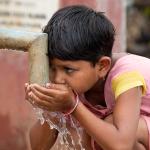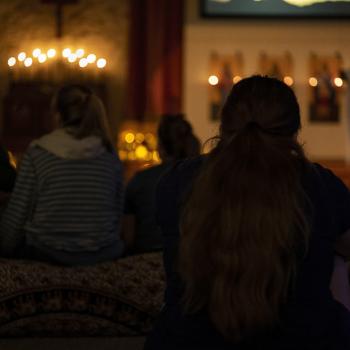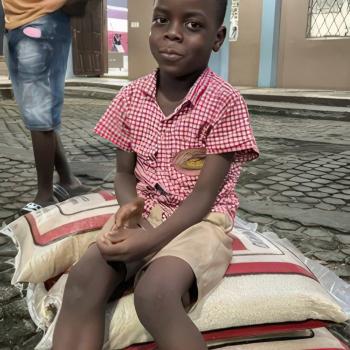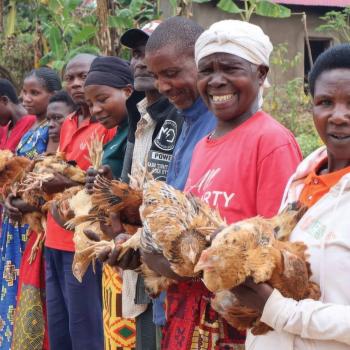WILLS POINT, TX – GFA World (Gospel for Asia) founded by K.P. Yohannan, has been the model for numerous charities like GFA World Canada, to help the poor and deprived worldwide, issued this second part of a Special Report on Malaria – new vaccine heralds a game-changing development.
Tricking Mosquitoes With … ‘Toxic’ Beetroot Juice?
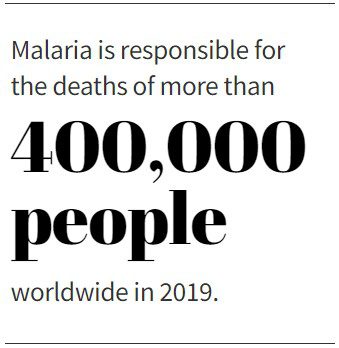 In the seemingly never-ending quest to wipe out malaria—responsible in 2019 for the deaths of more than 400,000 people worldwide, roughly equivalent to wiping out the entire population of Miami, Florida—scientists are experimenting continually with new ideas to combat “the enemy” … the pesky mosquito.[17]
In the seemingly never-ending quest to wipe out malaria—responsible in 2019 for the deaths of more than 400,000 people worldwide, roughly equivalent to wiping out the entire population of Miami, Florida—scientists are experimenting continually with new ideas to combat “the enemy” … the pesky mosquito.[17]
Perhaps one of the most unusual ideas involves “toxic” beetroot juice.
Researchers at Sweden’s Stockholm University have been preying on mosquitoes searching for their next tasty blood meal. They’ve shown that it’s possible to mimic a blood feast using beetroot juice laced with a “toxic” plant-based solution that kills mosquitoes but doesn’t harm other species, such as bees.[18]

According to an October 2021 report in ScienceDaily, the Swedish team tested four different ingredients in a beetroot juice cocktail. All the mosquitoes feeding on the “fake blood” died within a few hours.[19]
“This mixture, [which] we call ‘pink juice,’ is a harmless … eco-friendly solution, but it is naturally toxic for female mosquitoes,” said Noushin Emami, a professor in the university’s Department of Molecular Biosciences.[20] The Stockholm researchers hope to see their “feeding trap” tested in the field and eventually used alongside other effective mosquito control measures.
“There are a number of … approaches targeting mosquitoes … but I believe that there is a lot of potential in developing very simple but highly effective solutions,” Emami said. “We used beetroot in this study to demonstrate exactly this point.”[21]
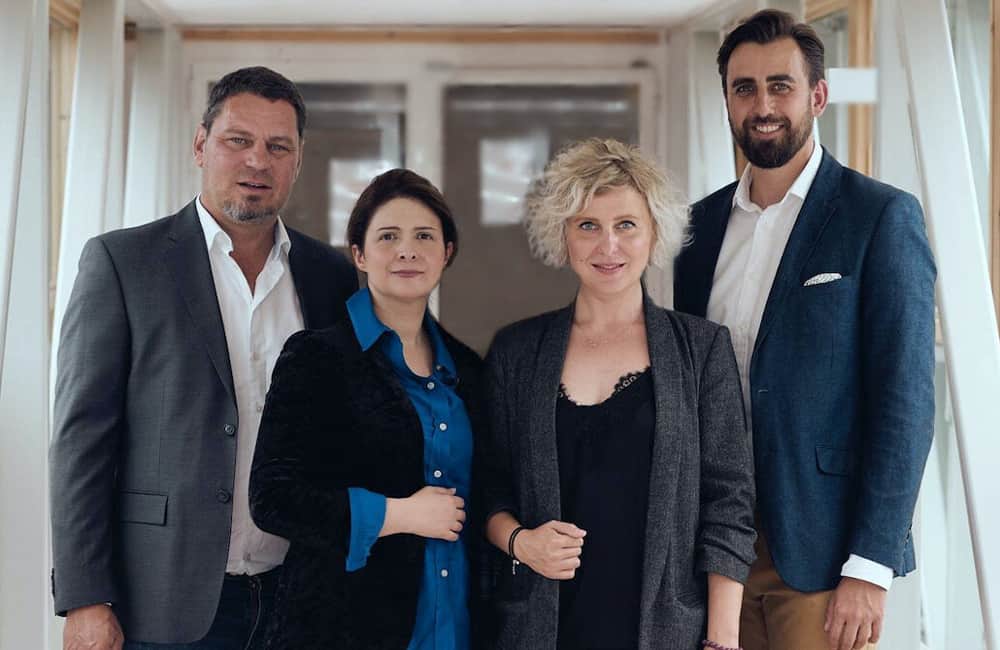

Facing a Global Emergency
Despite recent breakthroughs and progress, malaria remains one of the biggest threats to children’s lives on the global stage. “Every two minutes, a child dies of malaria,” said UNICEF’s Stefan Swartling Peterson.[22] According to the agency, nearly half of the world’s population is at risk. The U.S. Centers for Disease Control (CDC) says the mosquito is the most deadly creature in the world—killing more people each year than sharks, wolves, lions, crocodiles and snakes combined.[23]
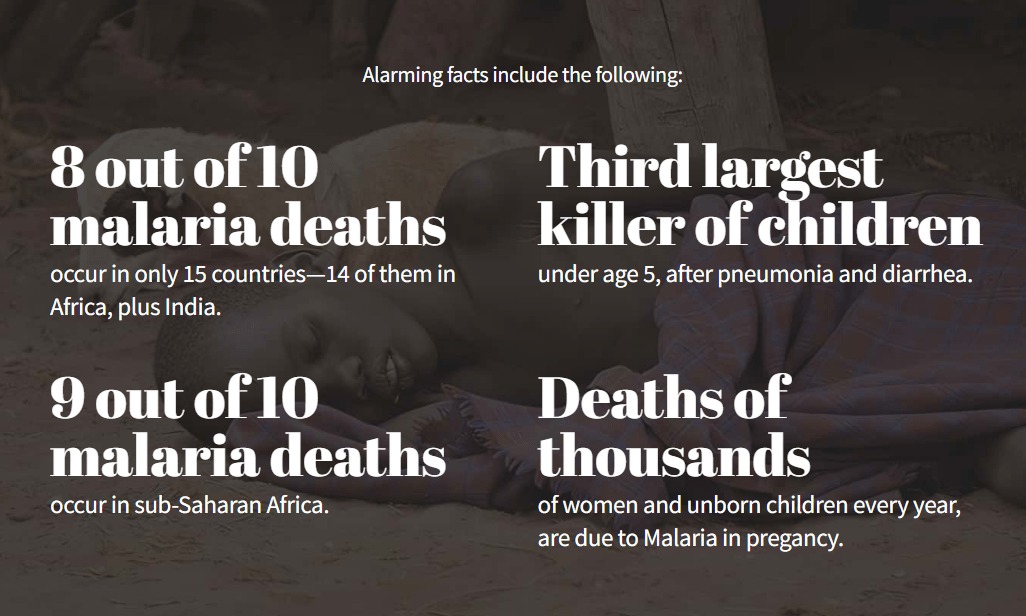
Quest to Become Malaria-Free
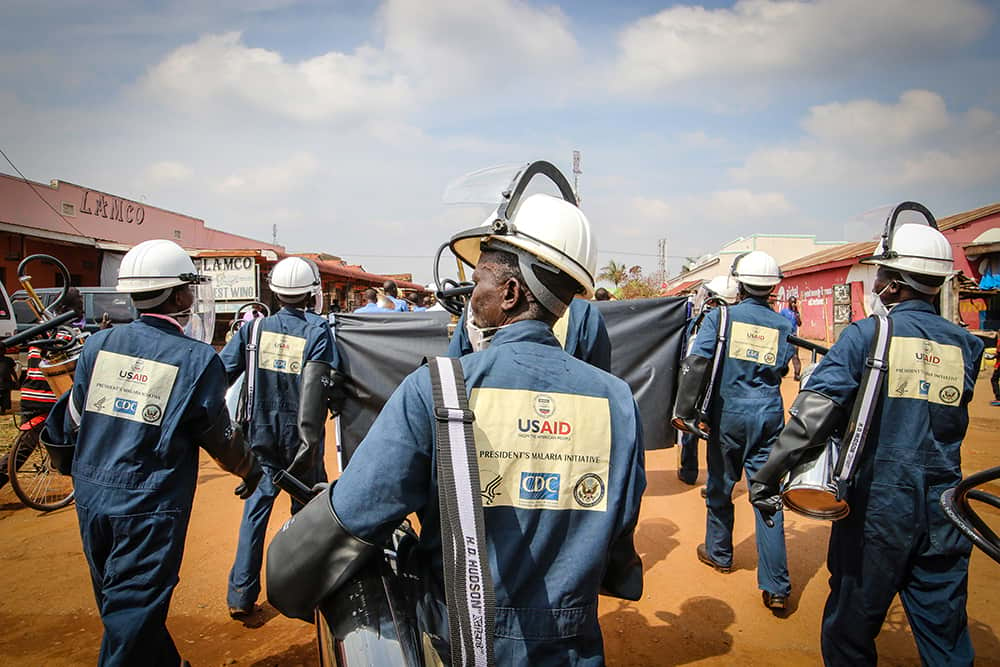
In a June 30, 2021 news release from the World Health Organization, it was stated that “Globally, 40 countries and territories have been granted a malaria-free certification from WHO—including, most recently, El Salvador (2021), Algeria (2019), Argentina (2019), Paraguay (2018), and Uzbekistan (2018).”[25]
In June 2021—following a 70-year battle against malaria—China joined the coveted list of malaria-free countries. WHO described it as a “notable feat” for the world’s most populous nation.[26]
In the 1940s, China reported 30 million cases of malaria each year.[27] According to a CNN report, during the Vietnam War, more Chinese soldiers died from malaria than bullets in the mosquito-ridden jungles.[28] China is the first country in more than 30 years in the Western Pacific region to rid itself of the disease.[29]
WHO credits China’s success in eradicating malaria to aggressive government action to wipe out mosquito breeding grounds, develop better antimalarial drugs and pioneer preventive measures. In the 1980s, China was one of the first countries to test insecticide-treated bed nets on a large scale—showing that widespread use of bed nets at night could significantly reduce mosquito bites and malaria cases.[30]
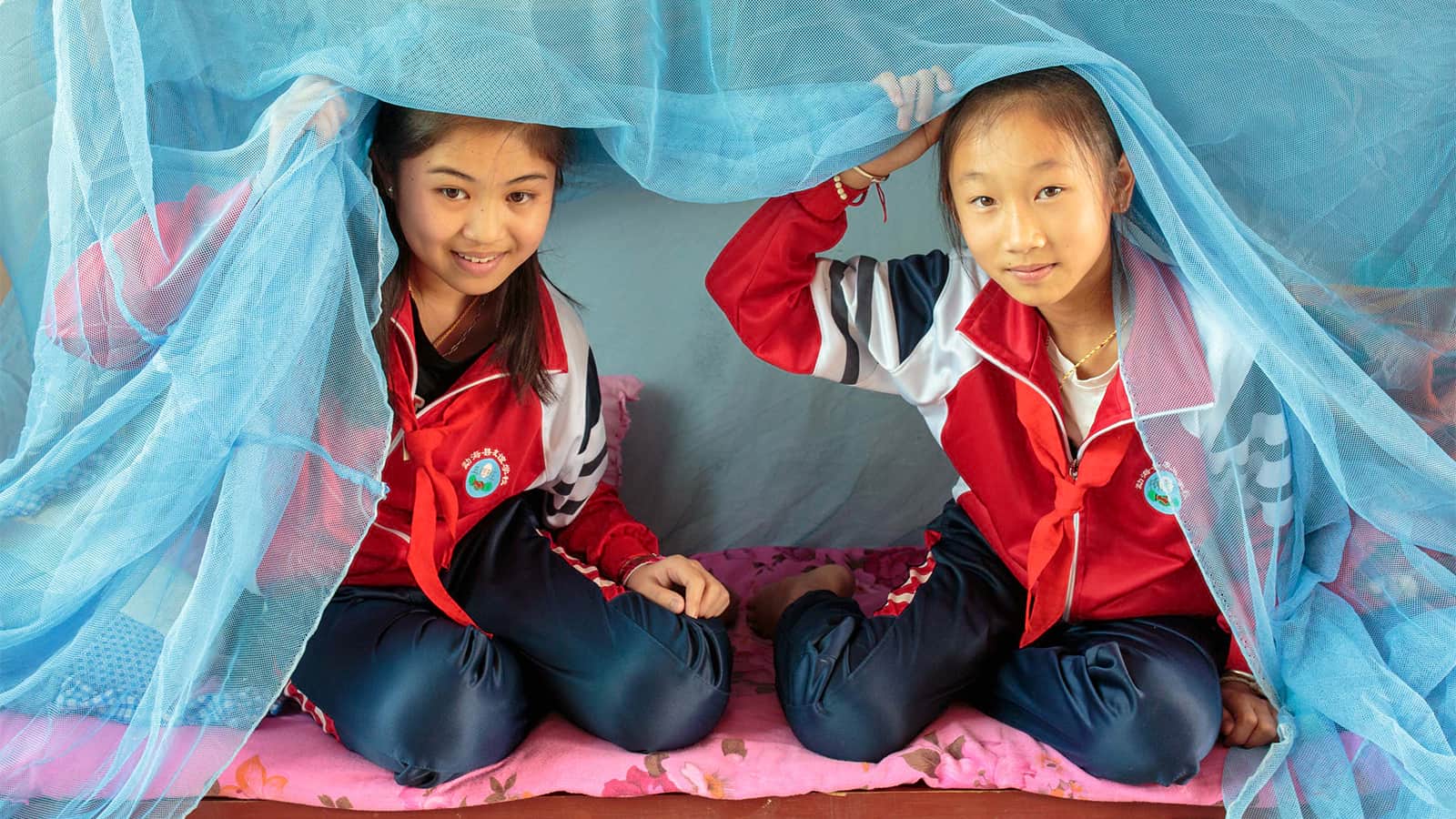
The Battle On the Frontlines: Mosquito Nets
Science and facts tell part of the story. But the real-life impact of malaria is unfolding right now in the rural villages of sub-Saharan Africa, the teeming cities of Asia and the Amazon rainforests of South America.
Many global nonprofit organizations—including World Vision, Save the Children and GFA World—are on the frontlines, operating health clinics, providing medicine, and distributing lifesaving bed nets in even the most isolated places.

“Some of their communities are in such deep trouble fighting this disease, our workers were dealing with thousands of cases,” said Gospel for Asia (GFA World) founder K.P. Yohannan. In one malaria-prone area of Asia, workers climbed a mountain on foot to reach a remote, mountaintop community caught in a malaria death cycle, Yohannan said. “The people of this community, extremely isolated … didn’t know how to prevent or treat malaria.”
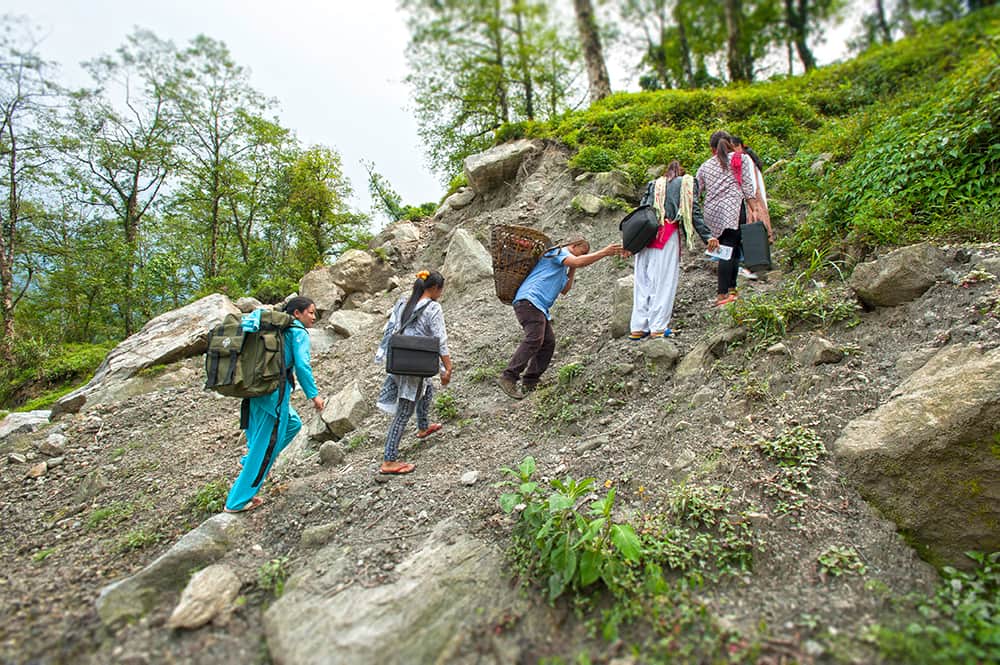
Gospel for Asia (GFA World) missionaries—driven by the belief that every human life is precious to God—distributed some 200 mosquito bed nets they’d carried up the mountain, as well as malaria medicine, and showed the local people how to protect themselves and halt the deadly wave.
“From the day they brought the medicine and nets, not a single person in that community died of malaria,” Yohannan said. “What does this tell us? In remote, malaria-ridden places across Asia, a mosquito net can change an entire community.”
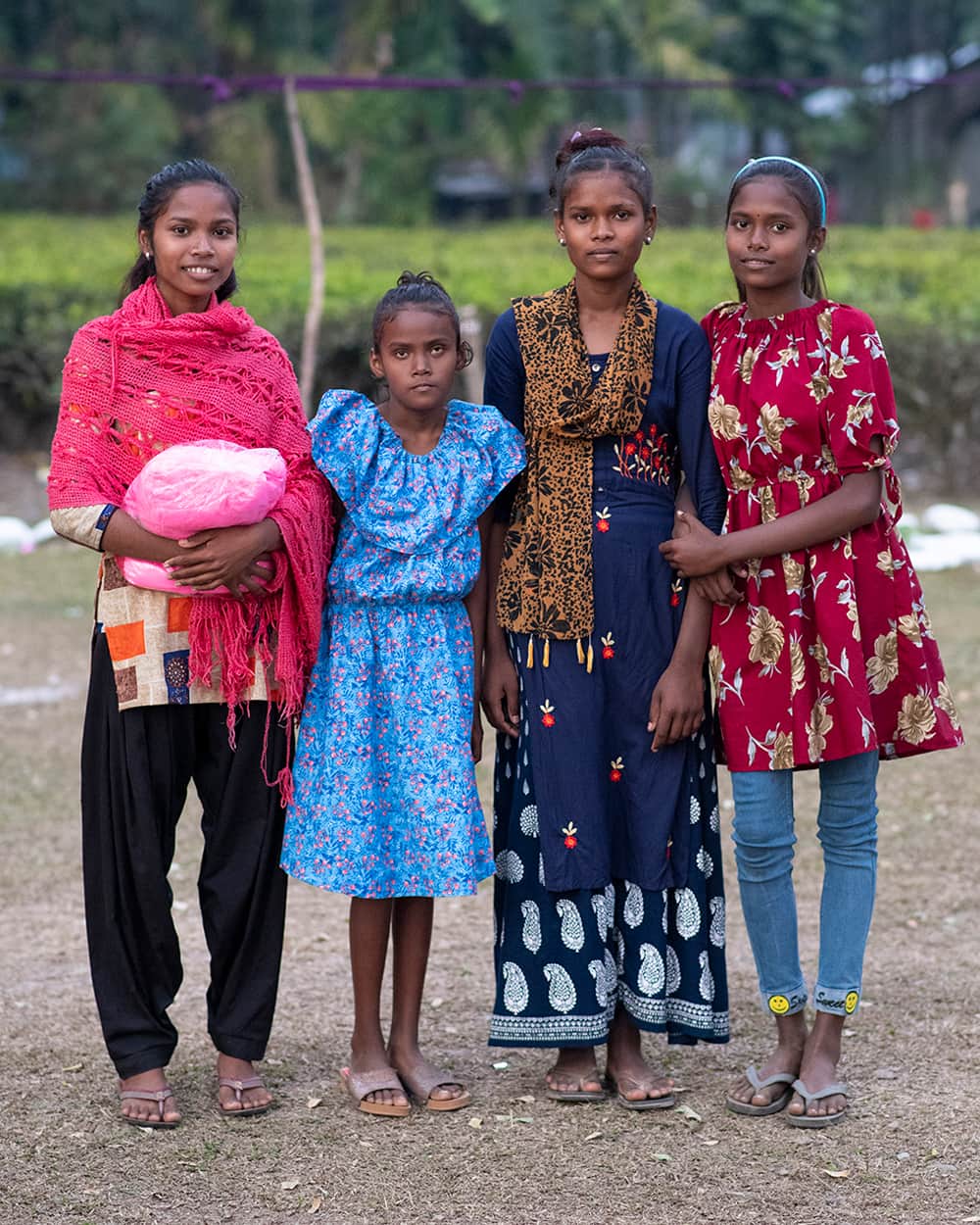
One Less Thing to Fear
Living in an area with high rates of malaria, Bahman and his wife, Salli, were terrified they’d lose their two young daughters to the disease. They knew a mosquito net—costing about $10—would be a potential lifesaver. But they were too poor to afford one.
Increasing their fear, one of their daughters had been paralyzed for three years. If she contracted malaria, would she survive?
That’s when a local Gospel for Asia (GFA) missionary realized the dilemma facing the couple and their neighbors. He took action—and 100 families, including Bahman’s, were given bed nets. “You helped us by providing a piece of mosquito net in our lives, though you never knew us before,” Bahman said. “We are touched with your love.”
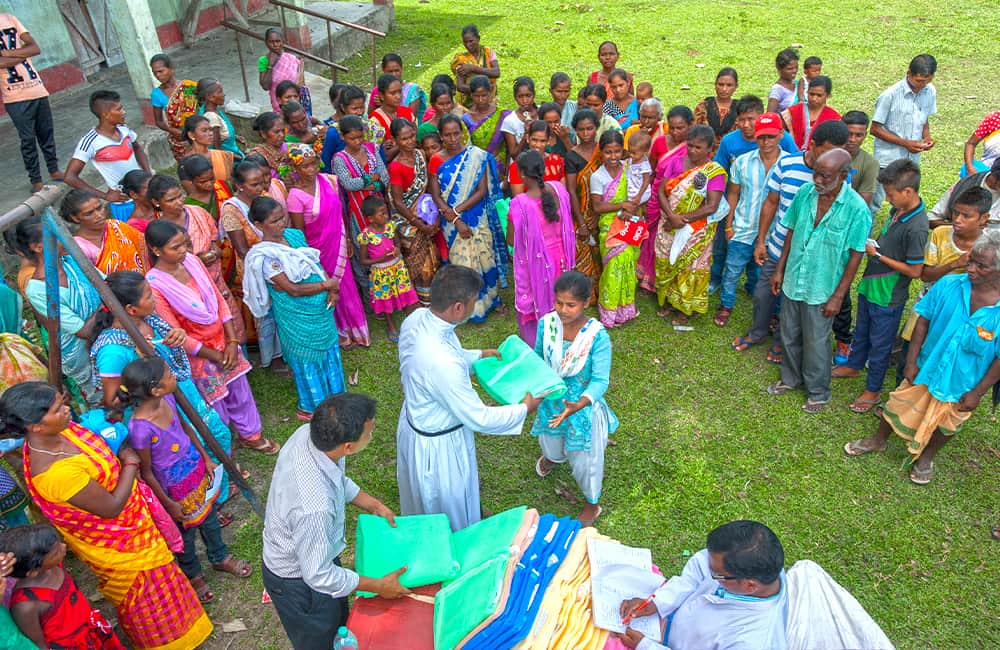
Making It Personal Makes a Difference
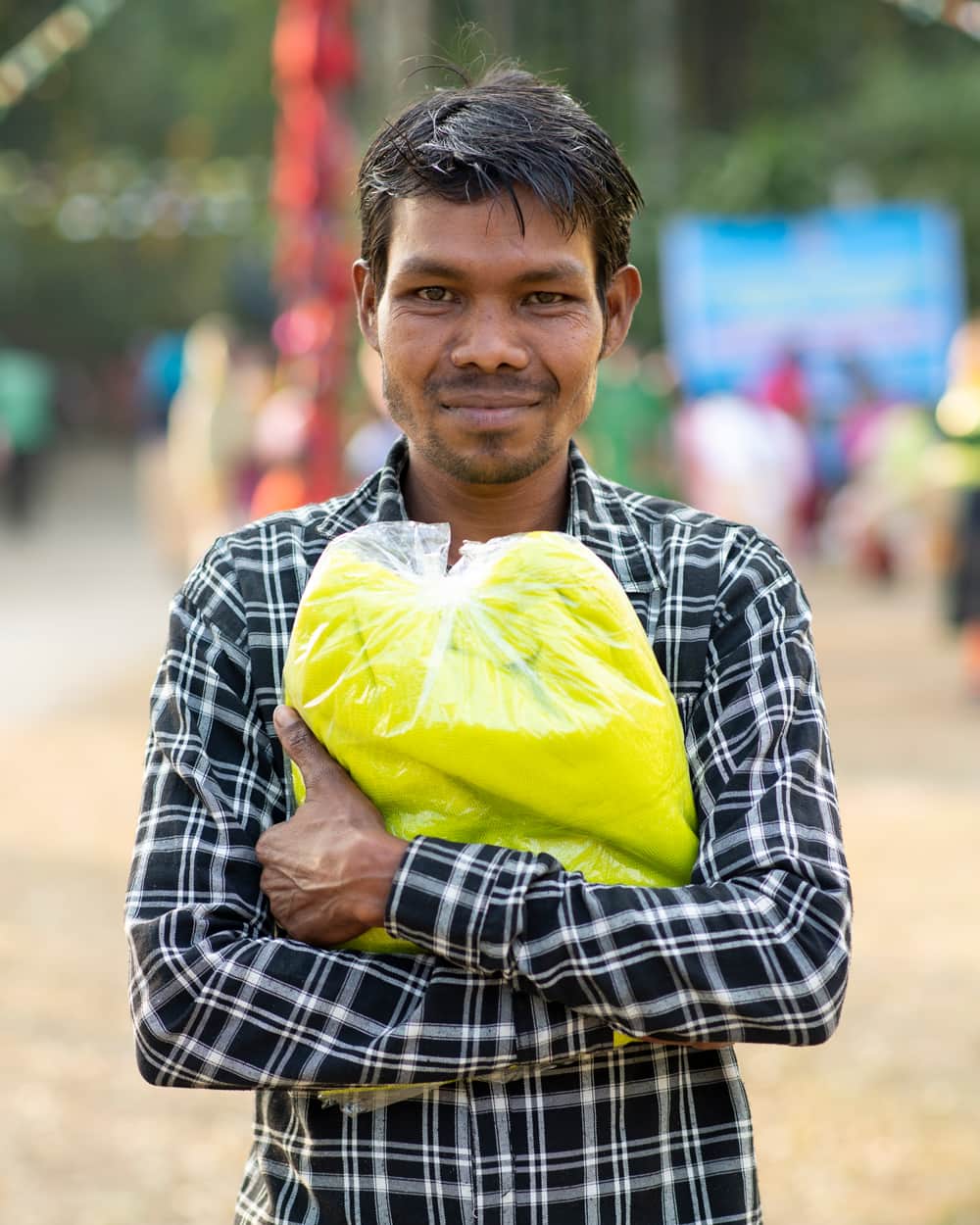
For many of us born and raised in a malaria-free country, malaria is not something we worry about. It’s a “tropical disease” that’s a long way from affecting our lives. Mosquito bites are an itchy annoyance—that’s all.
This was certainly true for me—until the day I watched malaria’s deadly fever grip my African friends in Uganda. That’s when it became personal for me. They were suffering on the edge of death because they couldn’t afford a basic bed net or antimalarial tablets that cost just a few dollars—things that were readily available, and that I took for granted.
For $10, you can place a life-saving bed net into the hands of a family at risk, a family—like Bahman’s—who will be forever grateful. So far, GFA World’s national missionaries have given out more than 1.3 million mosquito nets. They’d love to hand out millions more.
China has shown us it’s possible to obliterate malaria from the world’s most populated country. And now—with an effective vaccine—the end is finally in sight around the globe. If we all work together, we can see malaria eradicated everywhere.
One shot … one bed net … one child at a time.
What can we do about mosquito-driven scourges? »
One simple way to fight mosquito-borne diseases like malaria, is to consider giving a needy family a simple Mosquito Net. For only $10, Gospel for Asia’s field partners can distribute one of these effective nets to an at-risk family in Asia and provide them with safety from insects during the day and at night.
About GFA World
Gospel for Asia (GFA World) is a leading faith-based global mission agency, helping national workers bring vital assistance and spiritual hope to millions across the world, especially in Asia and Africa, and sharing the love of God. In a typical year, this includes thousands of community development projects that benefit downtrodden families and their children, free medical camps conducted in more than 1,200 villages and remote communities, over 4,800 clean water wells drilled, over 12,000 water filters installed, income-generating Christmas gifts for more than 260,000 needy families, and teaching to provide hope and encouragement in 110 languages in 14 nations through radio ministry. GFA World has launched programs in Africa, starting with compassion projects in Rwanda. For all the latest news, visit the Press Room at https://gfanews.org/news.
Read the rest of this GFA World Special Report: Malaria – It’s Time to Buzz Off! New Vaccine Heralds a Game-Changing Development — Part 1
Read more blogs on Christmas Gift Catalog, Malaria, Mosquito Net and GFA World Special Reports on Patheos from Gospel for Asia.
Learn more about how generosity can change lives. Through GFA World (Gospel for Asia) and its Christmas Gift Catalog, gifts like pigs, bicycles and sewing machines break the cycle of poverty and show Christ’s love to impoverished families in Asia. One gift can have a far-reaching impact, touching families and rippling out to transform entire communities.
Learn more how to save families from the sickening agony or death from malaria through the gift of Mosquito Nets that offer protection from the sting of an infected mosquito and help to give their owner a restful nights sleep.
Learn more about Gospel for Asia: Facebook | YouTube | Instagram | LinkedIn | SourceWatch | Integrity | Lawsuit Update | 5 Distinctives | 6 Remarkable Facts | 10 Milestones | Media Room | Water Scarcity | Endorsements | 40th Anniversary | Lawsuit Response | International Offices | Missionary and Child Sponsorship | Transforming Communities through God’s Love
Notable News about Gospel for Asia: FoxNews, ChristianPost, NYPost, MissionsBox
Read what 27 Christian Leaders are affirming about Gospel for Asia.
This Special Report originally appeared on gfa.org.



